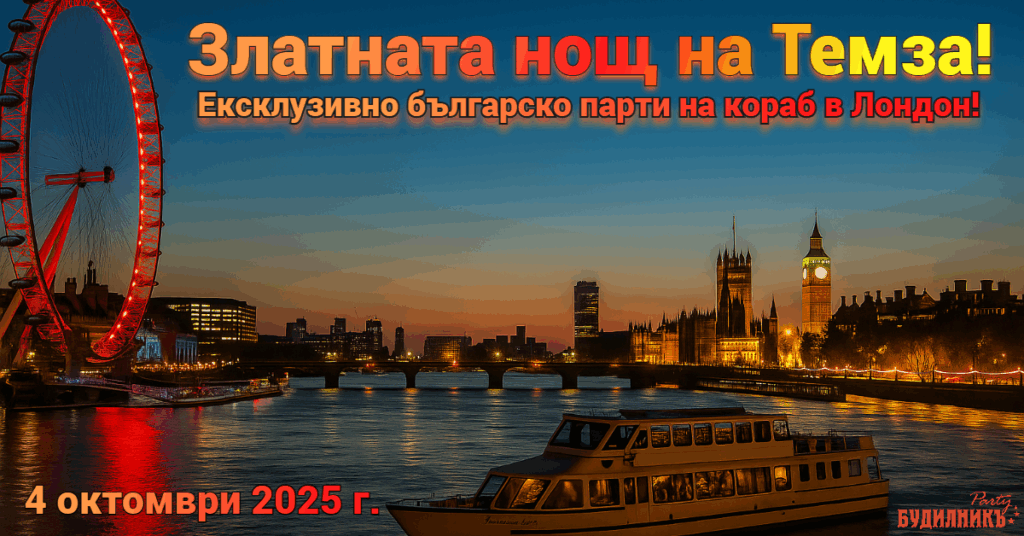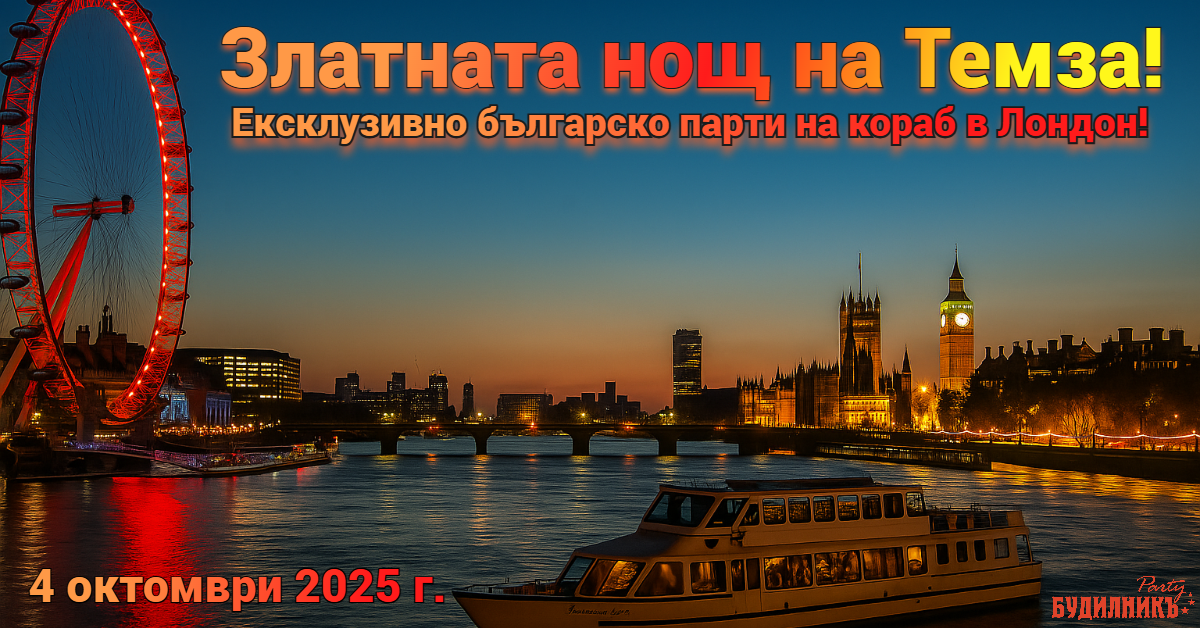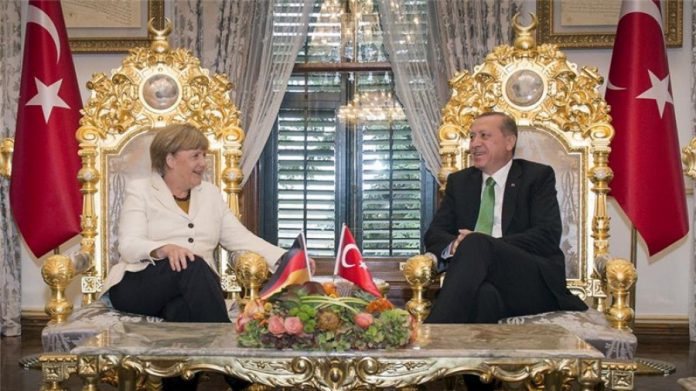By Rumyana Vakarelska
The EU’s agreement with Turkey to limit the Syrian and other Middle Eastern and North African migrants to Europe seems to be doing at least two things wrong, as it plans to provide Turkey EUR 3 bn it has yet to generate, as well as promising Turkey visa free travel to EU from October 2016, which is in contradiction with the EU’s security and the notion of Europe as a cultural entity.
While the financial aid for the Syrian migrants in Turkey is a relatively small price to pay for the EU’s security and survival as a cultural entity, the further political compromise that EU leaders are offering to Turkey is not. The agreement does not say how exactly Turkey will discourage immigration to the EU from its borders, and no special measures and funding have been agreed for Turkey’s EU and Western Balkans neighbours. Bulgaria is the only EU country in the SEE region, which has introduced proper border checks for the thousands of migrants, as well as for now accepting a relatively small migrant quota, while Greece, has not had sufficient resources of its own or from the EU to deal with the crisis from the start. In addition, the Western Balkans countries and EU members Slovenia and Croatia remain vulnerable.
‘We are glad to reopen EU accession negotiations with Turkey with the chapter of economic and currency policy,” said Donald Tusk, the president of the EU Council at a press conference post the emergency EU meeting on Sunday.
However, this action is in danger of rewriting EU accession policy, as well as the negotiation framework and conclusions, namely of EU values and human rights for which reason EU accession negotiations with Turkey were cancelled over the last decades a few times.
In addition, EU taxpayers are being asked once again to tighten their belts to retain what is left of the EU’s political and cultural identity following Germany’s unilateral invitation to Syrian refugees and other economic migrants from the Middle East in their hundreds of thousands and if not millions.
There is no way the normal EU accession rules will apply to Turkey if the renegotiations are opened under these circumstances, especially with a big compromise on the visa free regime from October 2016 for the Turkish population.
Moreover, if public polls were not enough for EU leaders to understand that there is not a public taste to accept the flow of migrants with little prospect of integration in one generation, a number of EU countries had already opposed any further migrant quotas. Poland and Slovakia stated their position clearly once again after the latest EU negotiations with Turkey last Sunday and the answer is a clear ‘no’, while following Germany’s unilateral decision on migrants, Schengen is pretty much dead.
The EU is planning yet another summit on the migration crisis in mid-December when EU countries will be offered to take voluntary migrants quotas. The only way to protect the EU’s battered borders, especially post the Paris-terrorist attacks November 13, is to reject any new quota offers, and reconsider a further compromise with the EU’s security and identity and, therefore, Europe’s future.
Turkey has thankfully offered a migrant buffer zone, as this was the only way forward with this crisis. Its trade and future has always been closely connected with the EU. But, starting EU renegotiations with Turkey when Russia, now a Western ally against IS, and following the diplomatic fall out between Putin and Erdogan, as a result of the shooting down of the Russian SU24, seems to be premature and inconsistent with the EU’s long-standing foreign policy.
While Russia has imposed only two weeks ago economic sanctions on Turkey, including limiting the travel of Russian tourists to Turkey, as well as banning 90, 000 Turkish citizens from working in Russia, the EU has proposed opening its doors to visa free travel with Turkey, where also millions of Syrian refugees now live and for now have been given an open door to the EU, regardless of their numbers and legitimate status, while a minimum of 60pc have been found to be economic migrants from the Middle East.
It is not clear how the same refugees will not benefit from the proposed visa free travel for the Turkish population and how promising this opportunity will not stir the public mood in Turkey itself due to the unclear status of the people in the Syrian refugee camps in their own country.
Neighbouring Bulgaria has a 10 pc Turkish population, which has been going back and forth between the two countries for the last 30 years, causing various political and ethnic tensions, despite a distinctive and not particularly popular political representation in the Bulgarian Parliament through DPS (Movement for rights and freedoms), the party of ethnic Turks in Bulgaria, as it is an ethnic and not a political party being often rejected by the community it represents. Since last year, Bulgaria has accepted 8,500 refugees in its camps, as well as an additional quota of 1500 people in September, according to the Bulgarian Interior Ministry with another up-to 5000 thousand mulled by the government besides the negative opinion polls on the matter.
Prior to the Syrian refugee crisis, Bulgaria had the highest Muslim population in the EU per capita, while Germany had the highest net number. Stimulating a further movement of people at this time over EU borders cannot be more ill-advised. The question now is how this part of the EU-Turkey agreement can be reversed as this might be one step too far taken by the EU and Germany’s Angela Merkel to sustain the EU as a political, social and cultural entity.
The UK, which bears the burden of the Syrian refugee crisis at the other end of Europe by taking up to 20, 000 people from the camps in Jordan over the next few years, is exempt from the quota system. However, it will be holding a referendum on its EU membership in September 2016, just a month before the proposal of Turkish visa free movement will be introduced. This is what now will decide the outcome of this referendum, not the well-known divisions on the matter in the Conservative Party or the various ‘No’ campaigns’ stronghold.
The ‘Yes’ campaign, possibly with the 2 million EU citizens in the UK, can now pack its backs unless a miraculous reversal of EU political decision-making takes place. Making Turkey, when it is helping Europe, a new dividing factor in the most complex geostrategic situation the EU has found itself in since WWII, can only be undone by national referendums on the issues of mass migration or the EU will have to face security and political problems it might not be able to handle.
Copyright Rumyana Vakarelska, Editor, Team New Europe, an Action-Tank





















